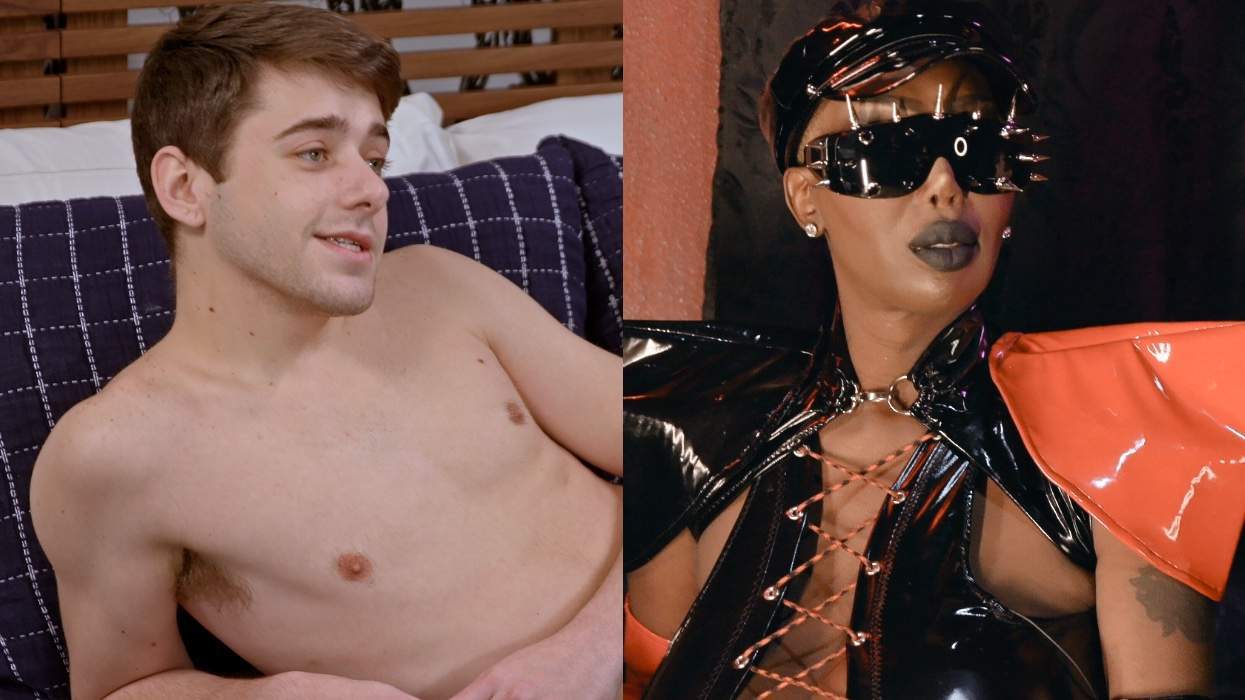
Characters from Buffy the Vampire Slayer, The L Word, and Queer as Folk.
UPN; Showtime
While things were beginning to improve for the LGBTQ+ community in the 2000s, same-sex marriage being legalized was still years away, and bad gay jokes were still the norm on television.
Which is why we latched on to every gay character who provided us a little bit of hope for a brighter future. In the decades before, we were lucky to get queer-coded characters, but the first ten years of the new millennium treated us to fully developed — and even delightful messy — LGBTQ+ characters to identify with and, at times, live vicariously through.
The cast of The L Word
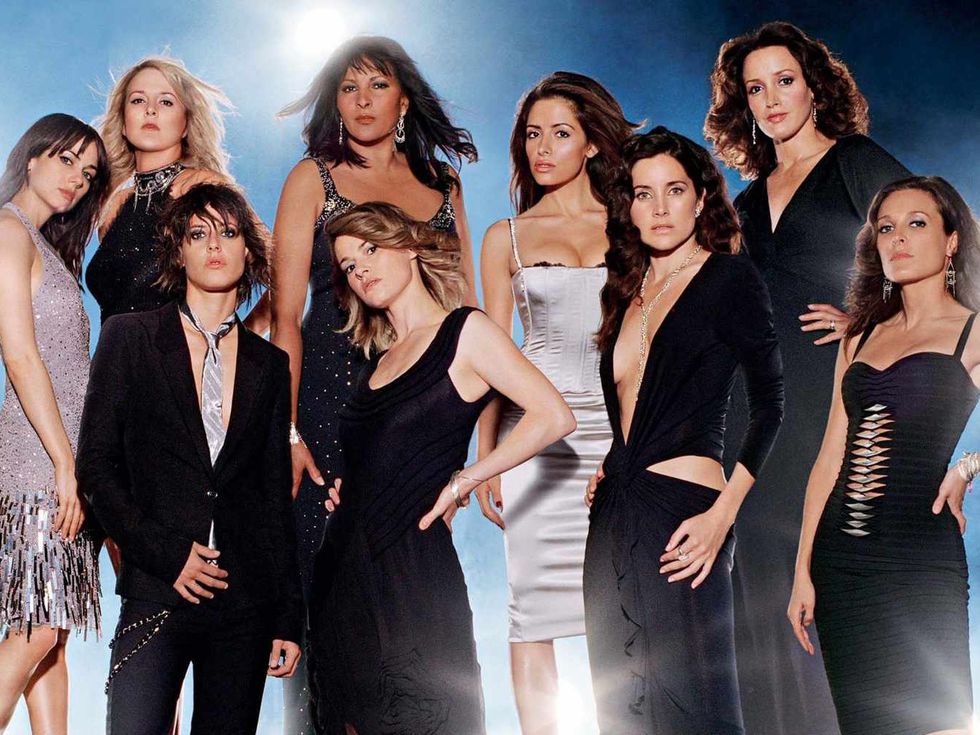
Showtime
After years of lesbian side characters (like on Friends) and queer-coded sapphic romances (Xena: Warrior Princess), it was a breath of fresh air to have an entire show dedicated to depicting queer women.
Marco Del Rossi — Degrassi: The Next Generation
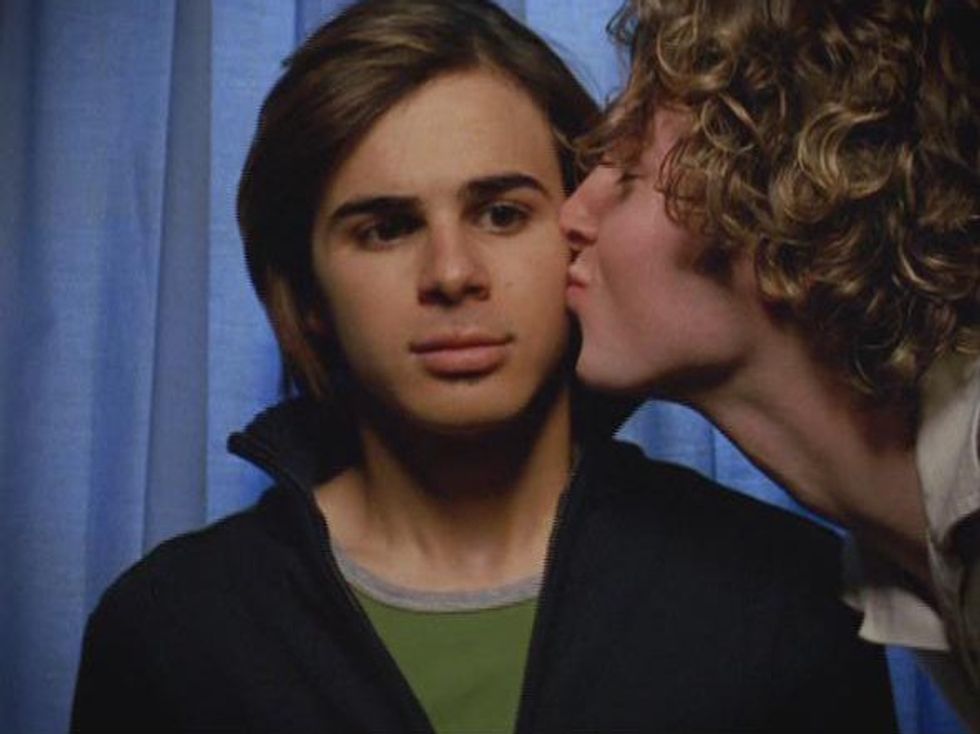
Marco was the first openly gay main character on Degrassi, and actor Adamo Ruggiero credits playing the queer character with helping him to come out in real life.
David — Six Feet Under
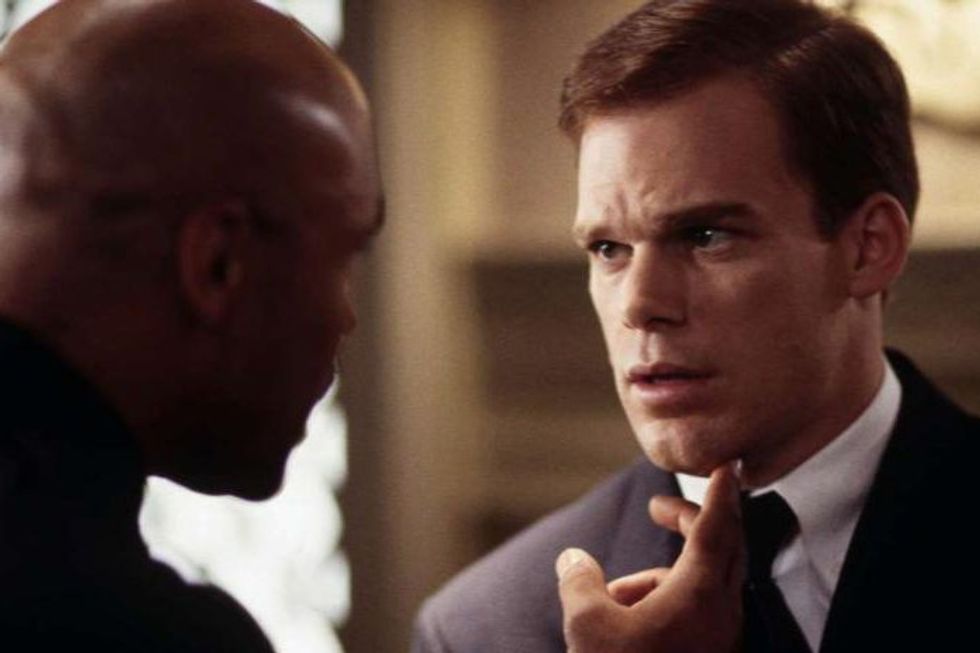
HBO
Michael C. Hall’s character David spent much of Six Feet Under struggling with his sexuality and navigating his relationship with partner Keith, who he eventually marries on the show.
Inara — Firefly
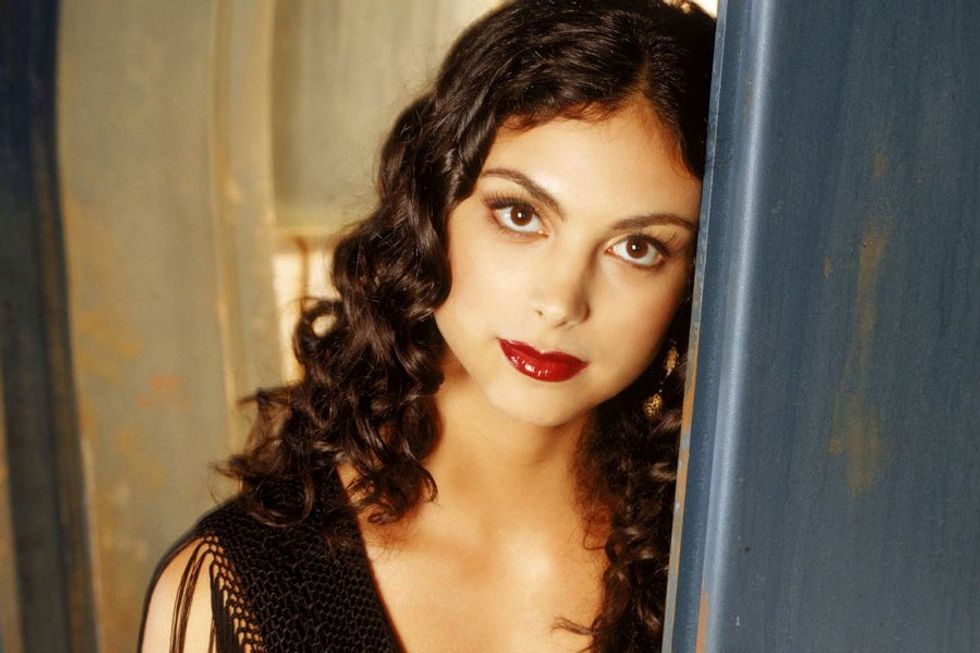
20th Television
Inara was not only queer but a respected sex worker on the one-season show, and while her clientele was overwhelmingly male, we did get to see her with a female client, a rarity in 2003.
The cast of Queer as Folk
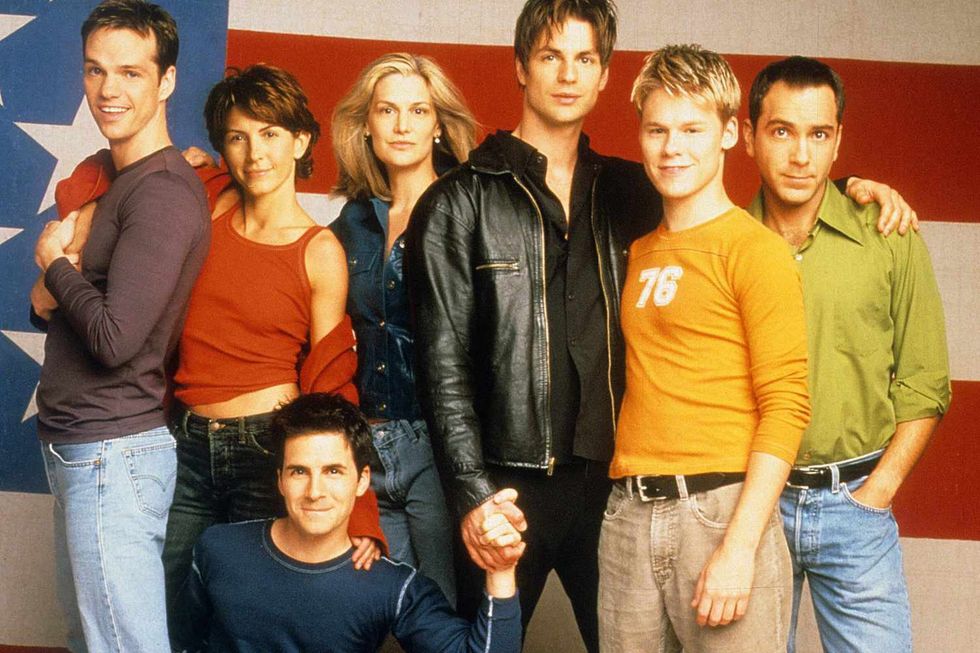
Showtime
Queer as Folk helped to redefine LGBTQ+ characters and featured the first sex scene between two men ever depicted on American television. The unapologetic gay characters were a beacon of light to queer people who had only seen the sanitized version of gay life as shown on shows like Will & Grace.
Anna — One Tree Hill
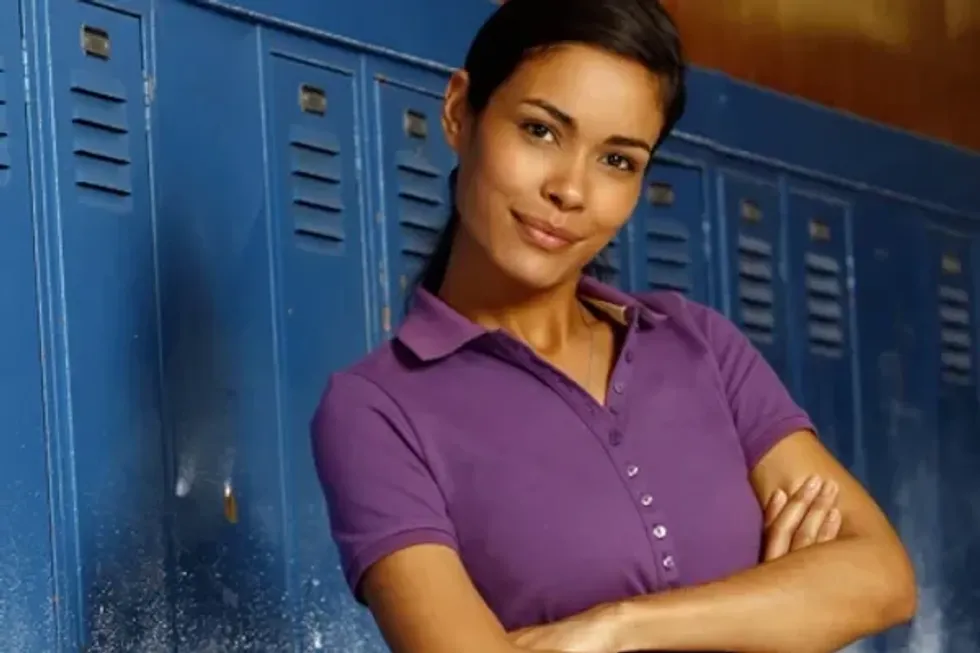
CW
Anna is a bisexual character from the teen drama One Tree Hill who came out during the show’s second season and starts dating a woman.
Andrew Van de Kamp — Desperate Housewives
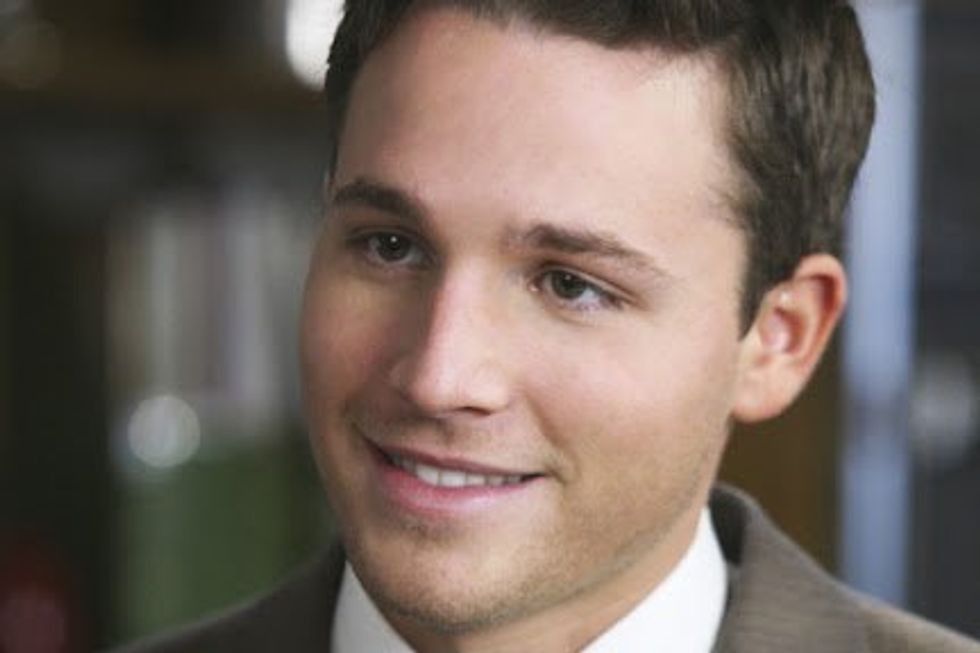
While Wisteria Lane was mostly full of straight couples, Shawn Pyfrom’s character Andrew was one of a few gay recurring characters on the show. Andrew struggled with his sexuality and dealing with his mother initial disapproving of his sexuality.
Mystique and Destiny (X-Men Evolution)
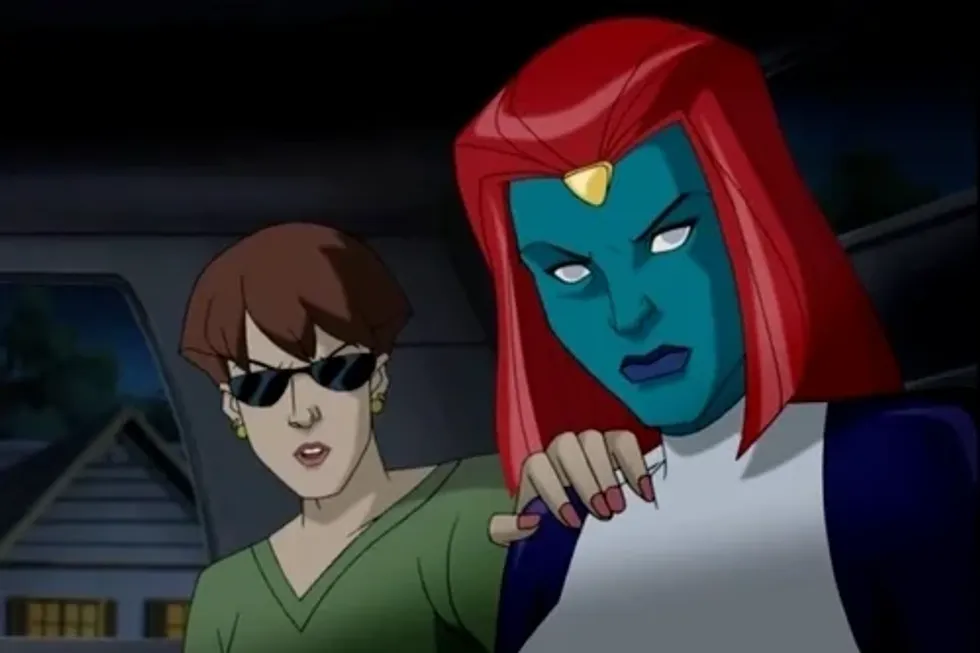
Mystique and Destiny have one of the longest-running romances in the history of Marvel comics and one of the most beloved queer relationships. While Mystique’s queerness has largely been erased from the X-Men movies, we got to see the pair in a relationship in the animated series X-Men Evolution.
Stanford Blatch — Sex and the City
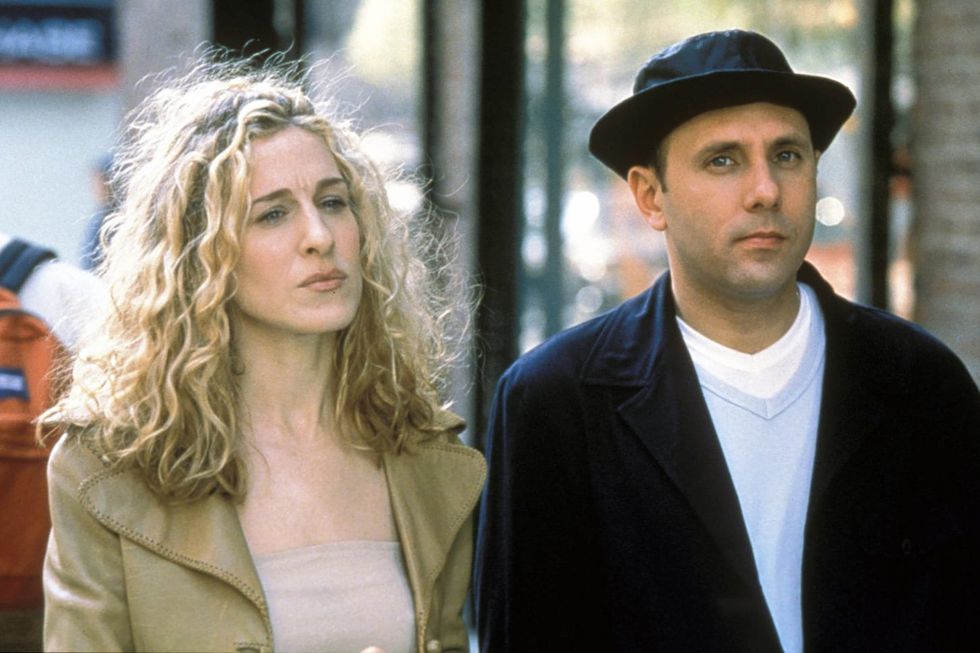
HBO
While he may have fallen into the gay best friend stereotype sometimes, Stanford was a beloved addition to the cast as Carrie’s bestie.
Ian Gallagher — Shameless
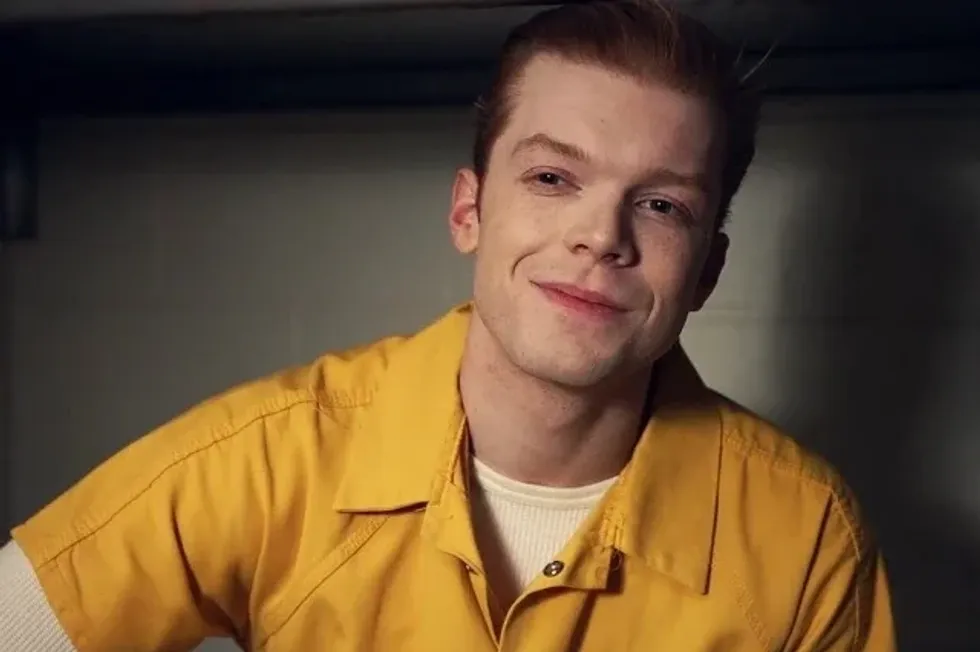
Showtime
Ian Gallagher first comes out in the first season of Shameless and goes on to be an openly gay character who dates a few different men throughtout the run of the show.
Willow & Tara — Buffy the Vampire Slayer
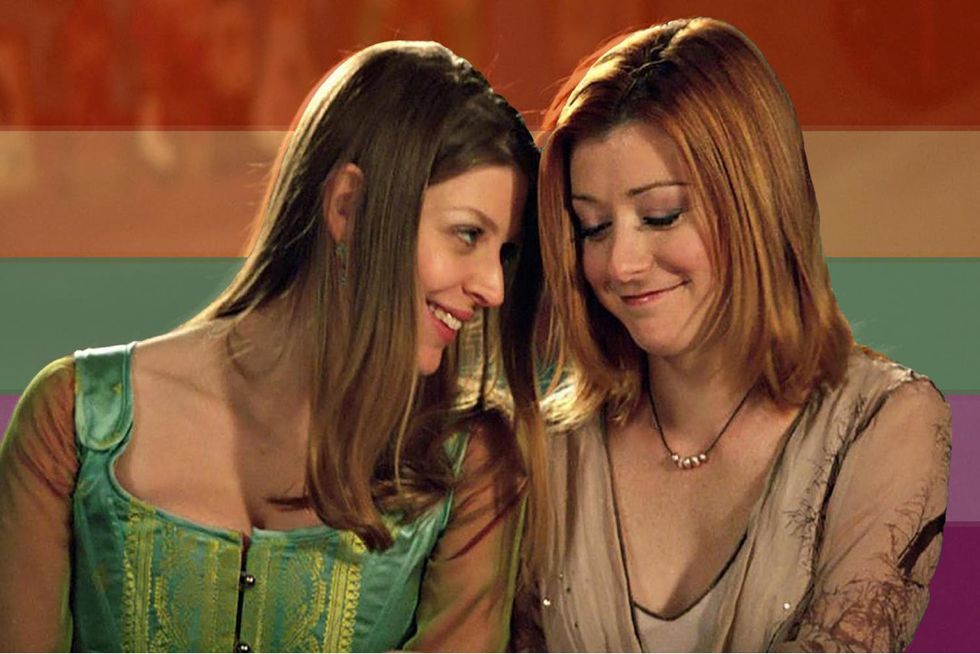
Willow came out on Buffy the Vampire Slayer in 1999, but she didn’t start dating Tara until 2000 so we’re counting it!
Ashley and Spencer — South of Nowhere
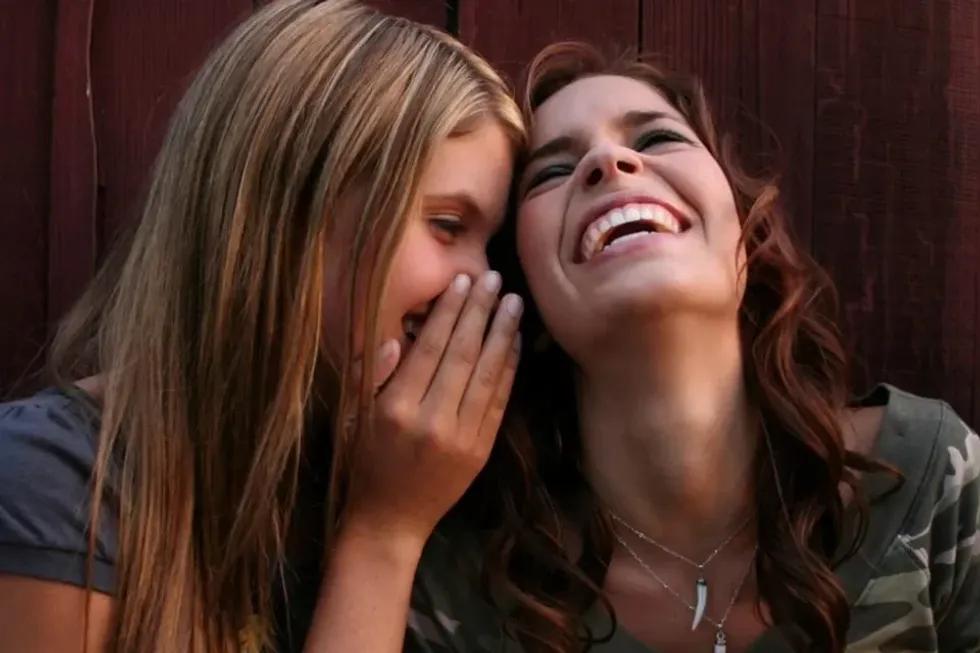
South of Nowhere ran from 2005 to 2008 and was the sapphic coming-of-age drama that was severely lacking at the time. The show focused on the high school love story between Ashley and Spencer, Spencer coming out, and what it was like dealing with parental acceptance.
Jack Harkness — Doctor Who
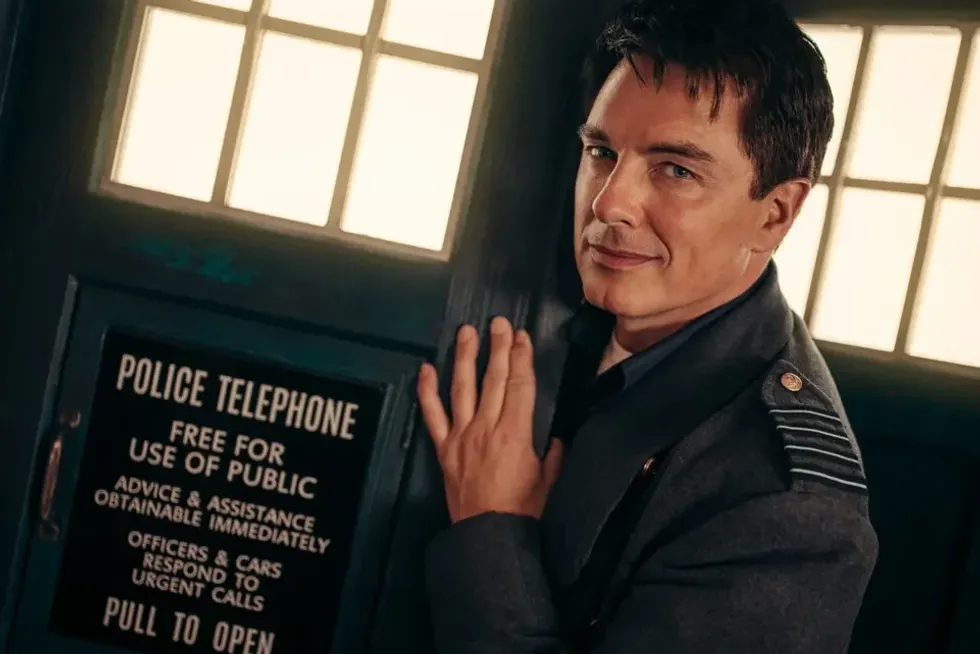
BBC
Swashbuckling time traveler Jack Harkness provided some much-needed bi representation at a time when there were very few portrayals of bisexuality on screen — especially bi men. When John Barrowman joined the cast of the rebooted series in 2005, he became the first LGBTQ+ character in Doctor Who history.
Dr. Arizona Roberts — Grey's Anatomy
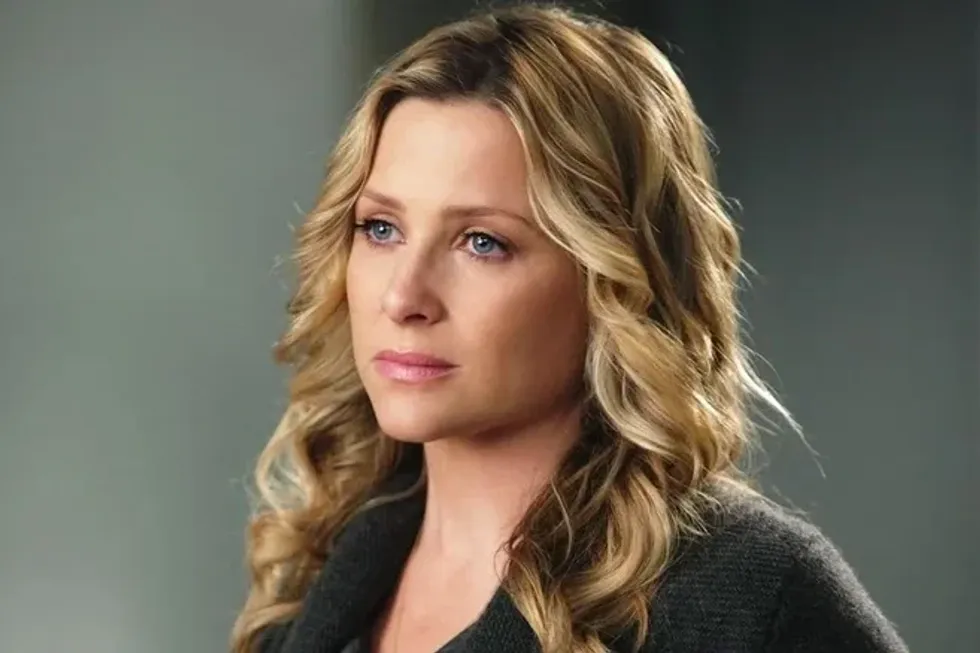
ABC
Dr. Arizona Robbins (played by Jessica Capshaw) joined the cast in 2009 as an out lesbian surgeon. Throughout the run of the show, she got to have multiple romantic relationships and even adopted a daughter.
Angela Montenegro — Bones
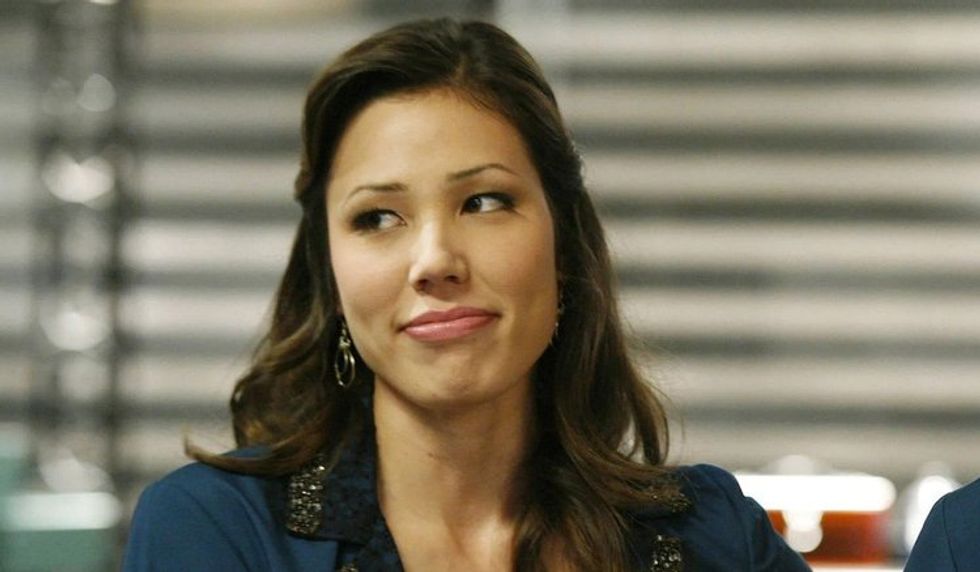
FOX
While Angela was given one girlfriend on Bones and ultimately ended up marrying one of her male coworkers, she was portrayed as being openly and proudly bisexual.



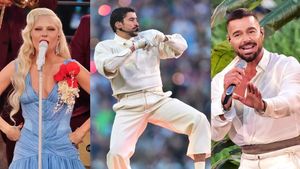



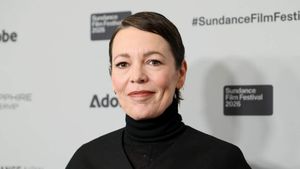
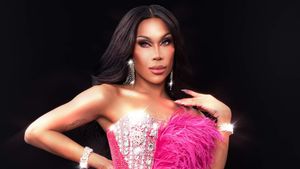


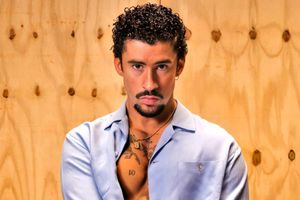
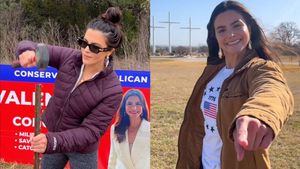



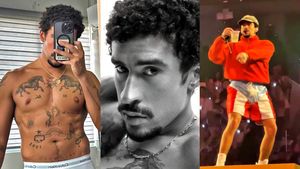
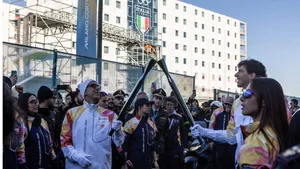




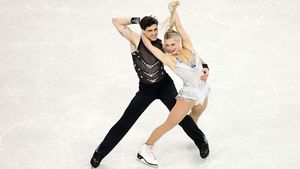
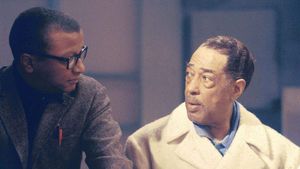



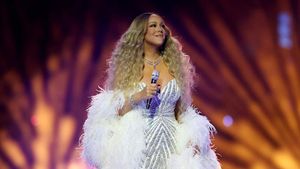
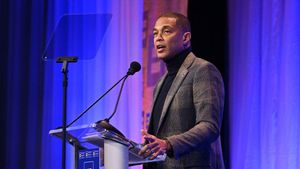

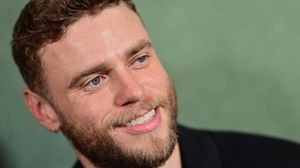




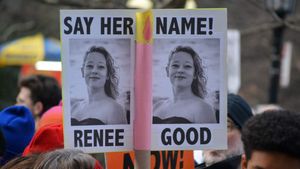
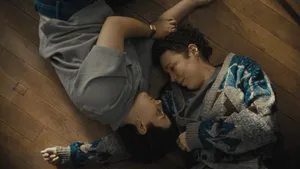


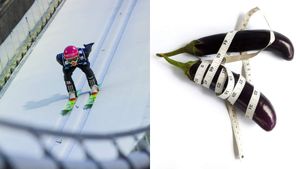


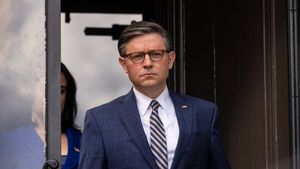


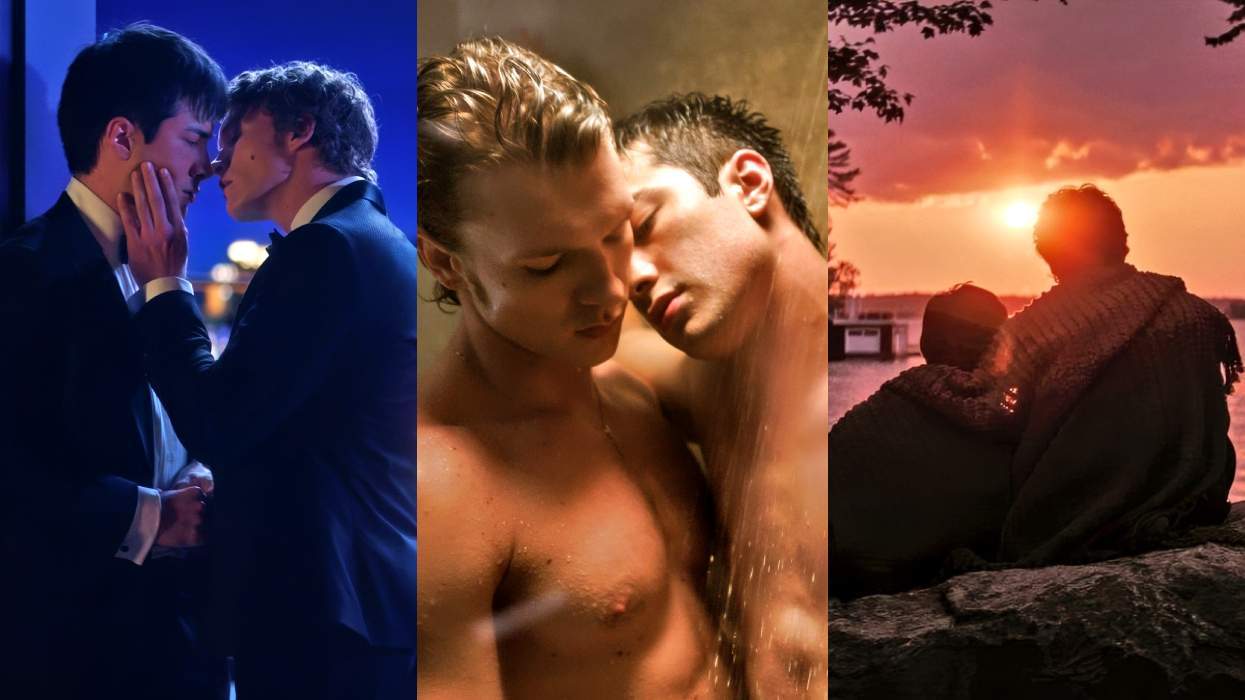
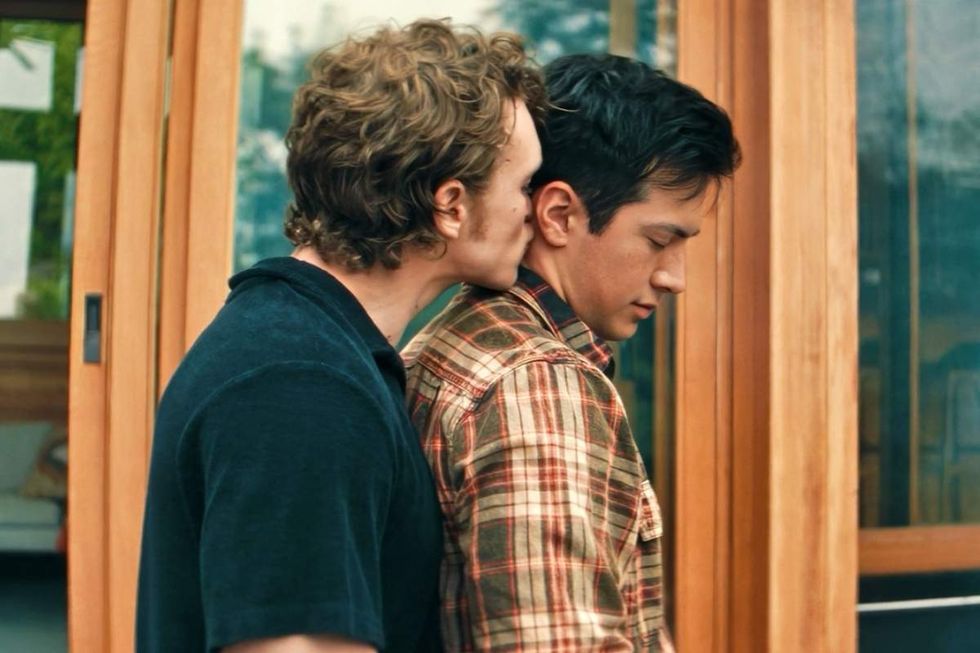 Hudson Williams as Shane Hollander and Connor Storrie as Ilya Rozanov on Heated Rivalry.HBO Max
Hudson Williams as Shane Hollander and Connor Storrie as Ilya Rozanov on Heated Rivalry.HBO Max
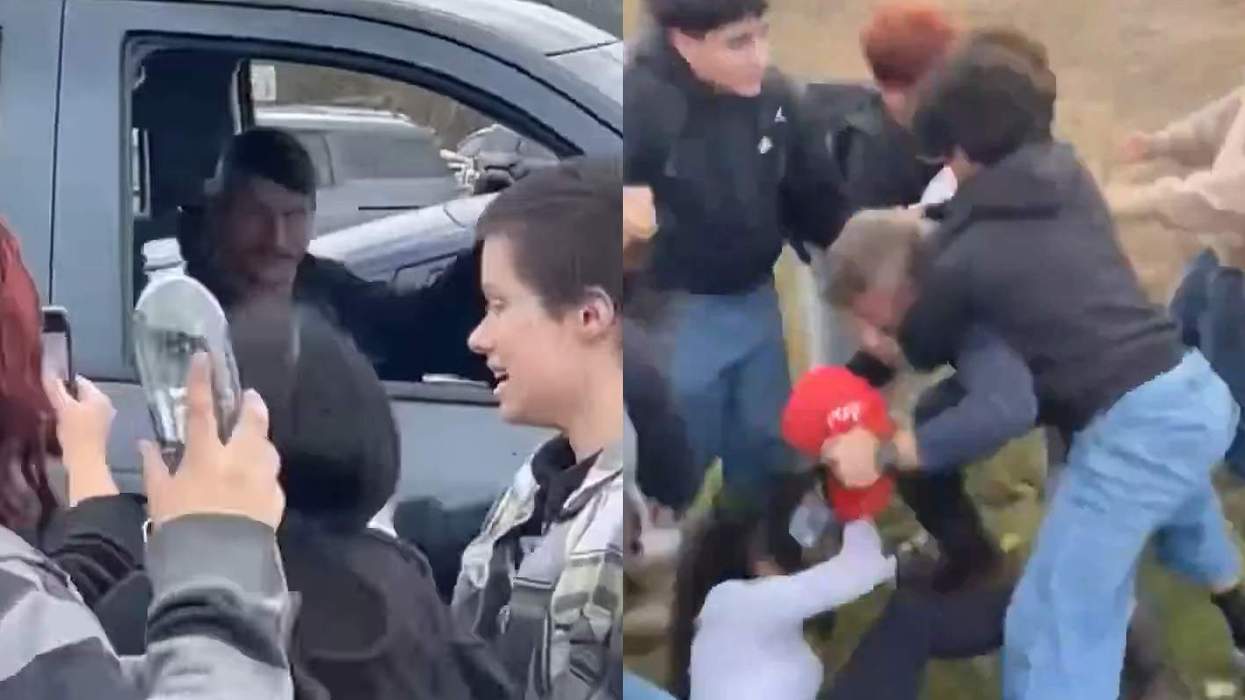
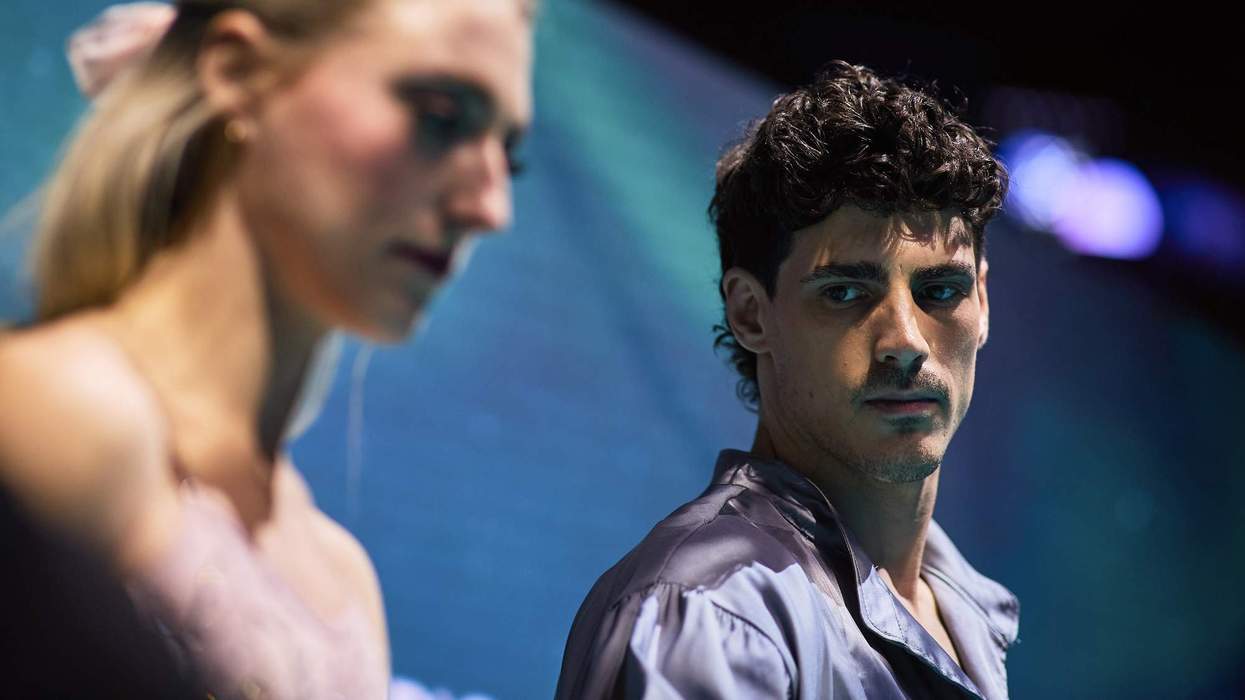
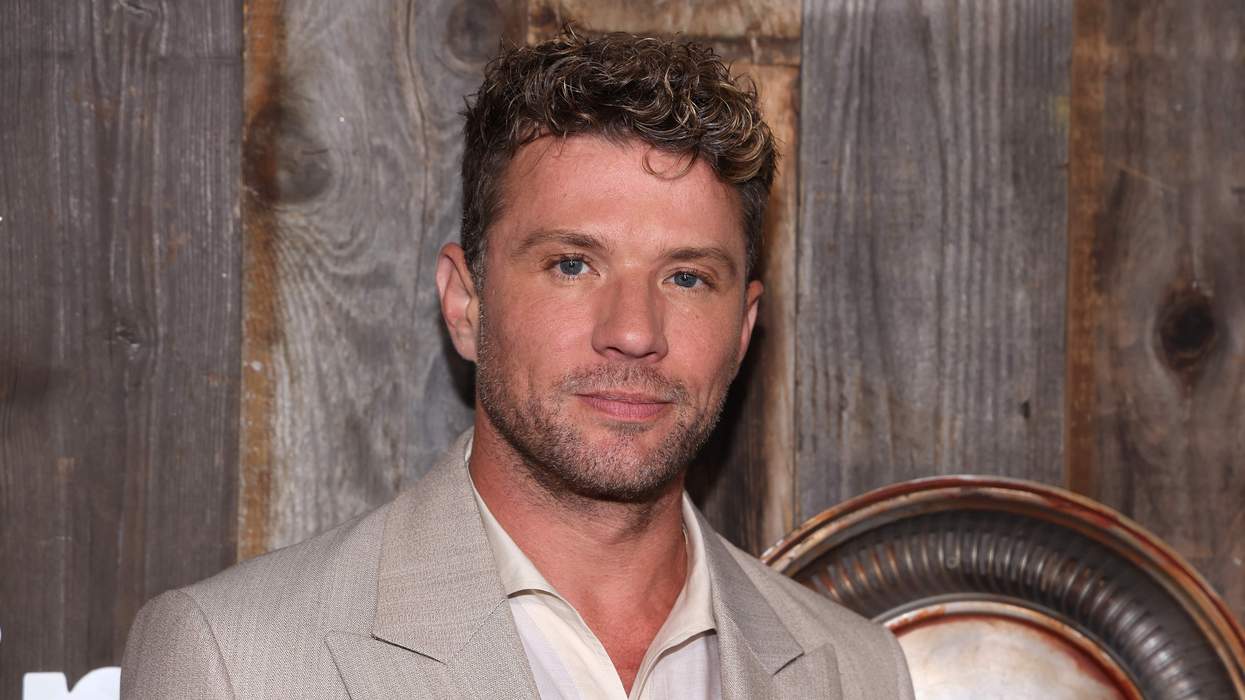
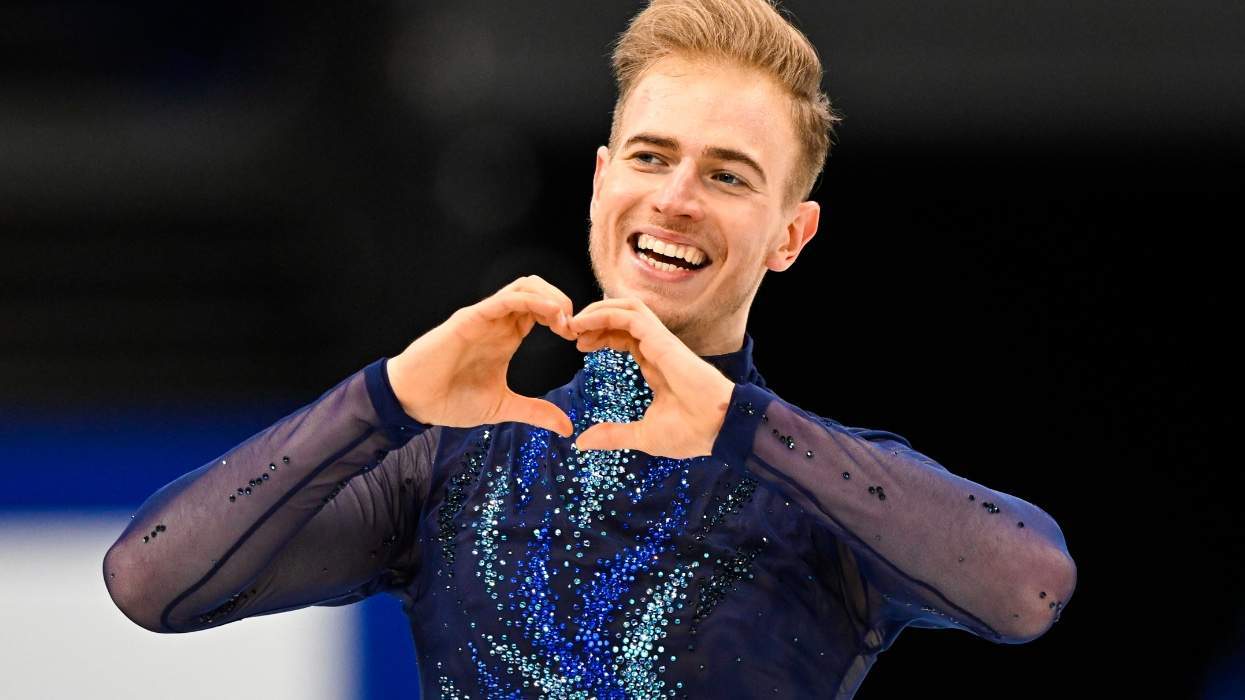
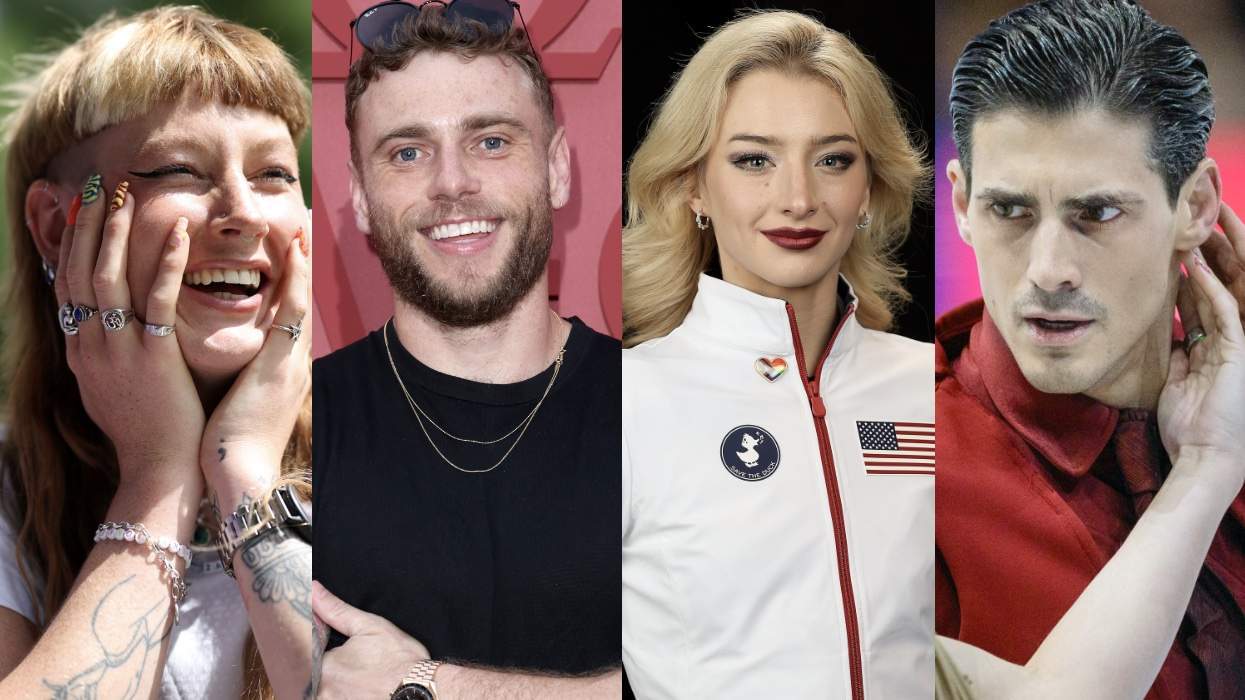
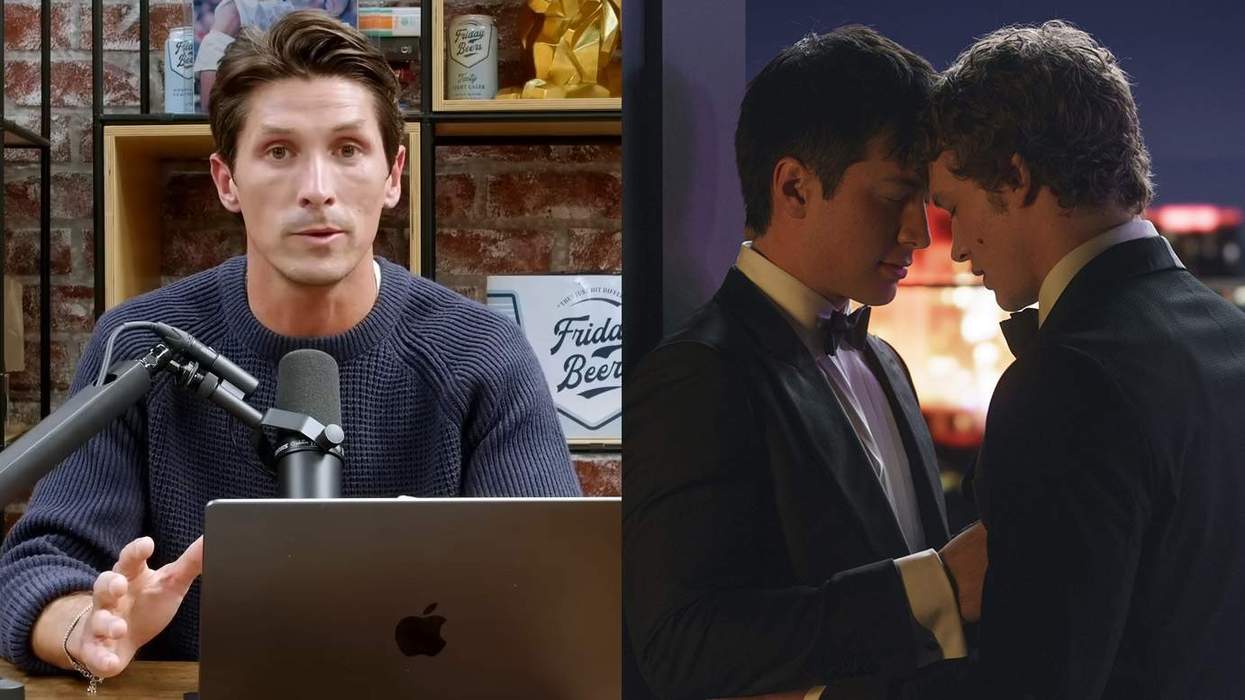
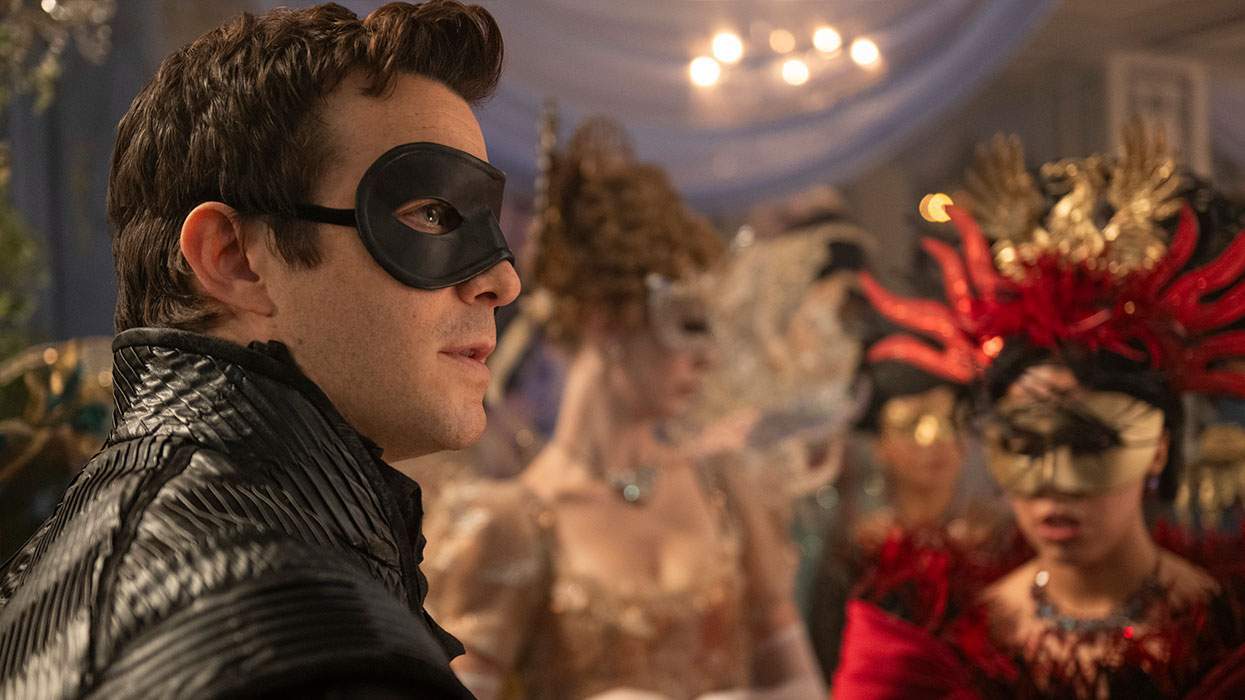

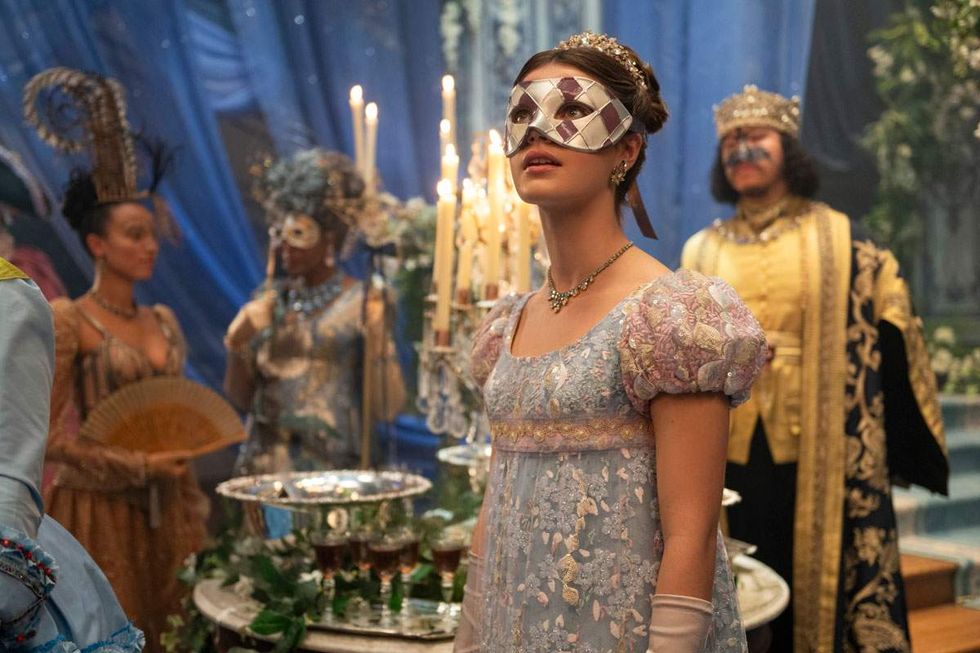 Hannah Dodd as Francesca BridgertonCourtesy Netflix
Hannah Dodd as Francesca BridgertonCourtesy Netflix
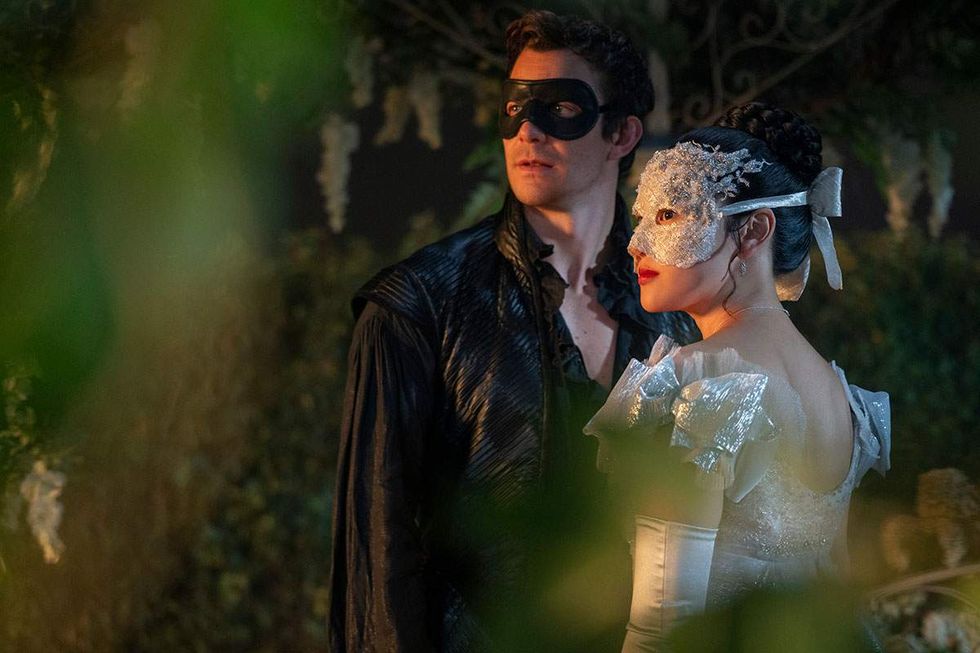 Benedict (Luke Thompson) and Sophie (Yerin Ha) in Bridgerton season 4.Courtesy Netflix
Benedict (Luke Thompson) and Sophie (Yerin Ha) in Bridgerton season 4.Courtesy Netflix
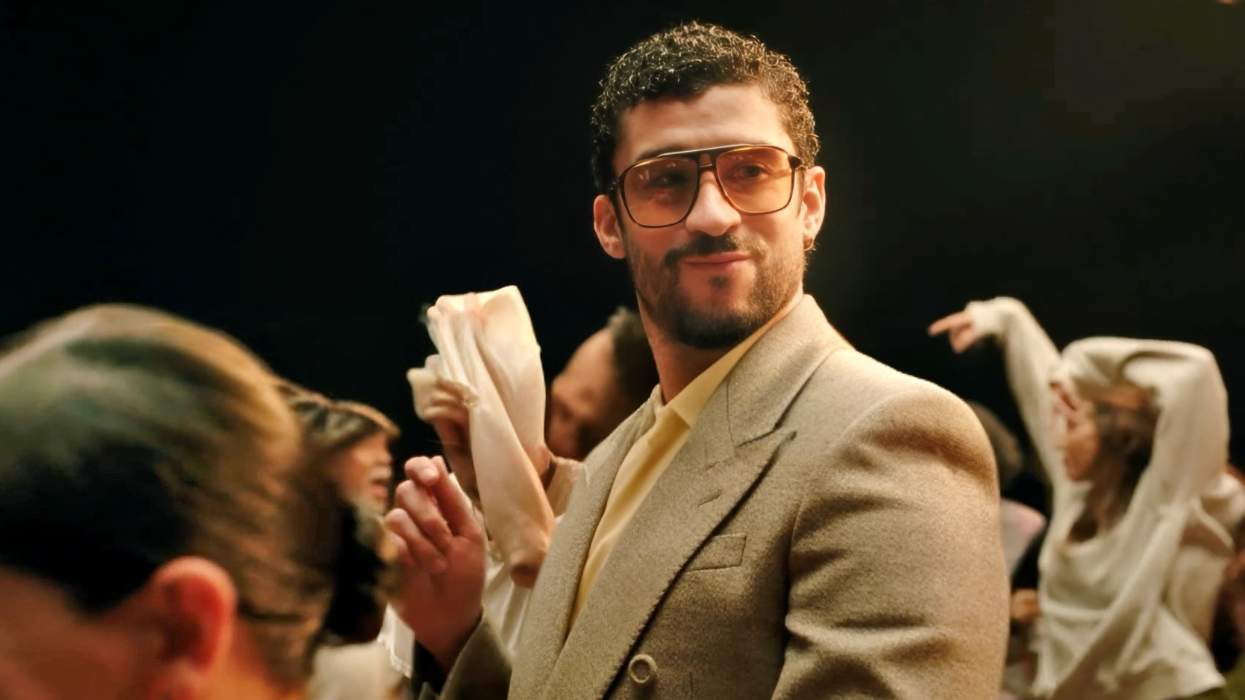
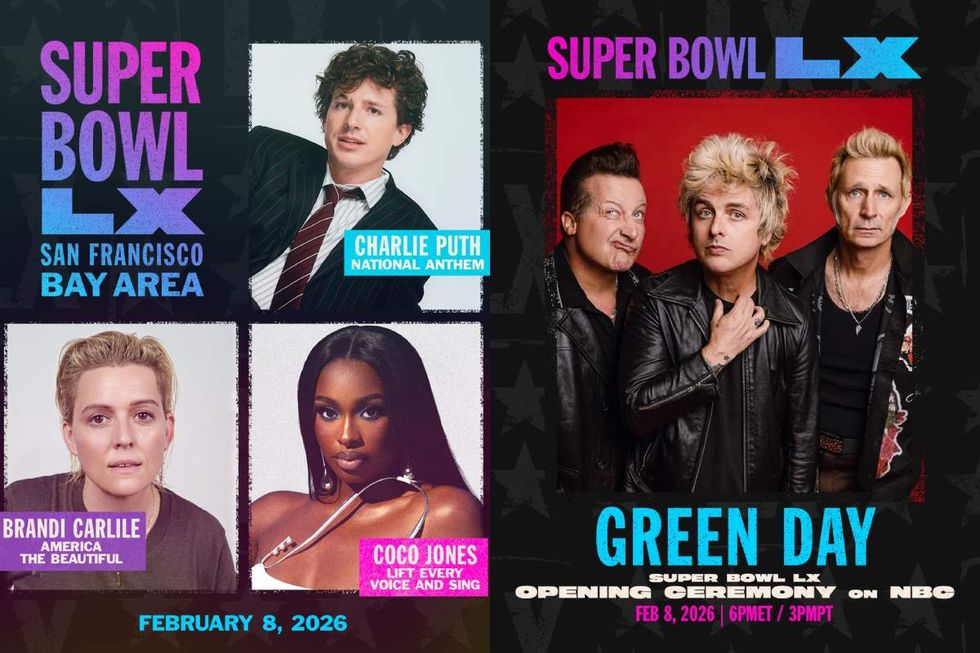 Charlie Puth, Brandi Carlile, Coco Jones, and Green Day announced as performers for the 2026 Super Bowl.
Charlie Puth, Brandi Carlile, Coco Jones, and Green Day announced as performers for the 2026 Super Bowl.